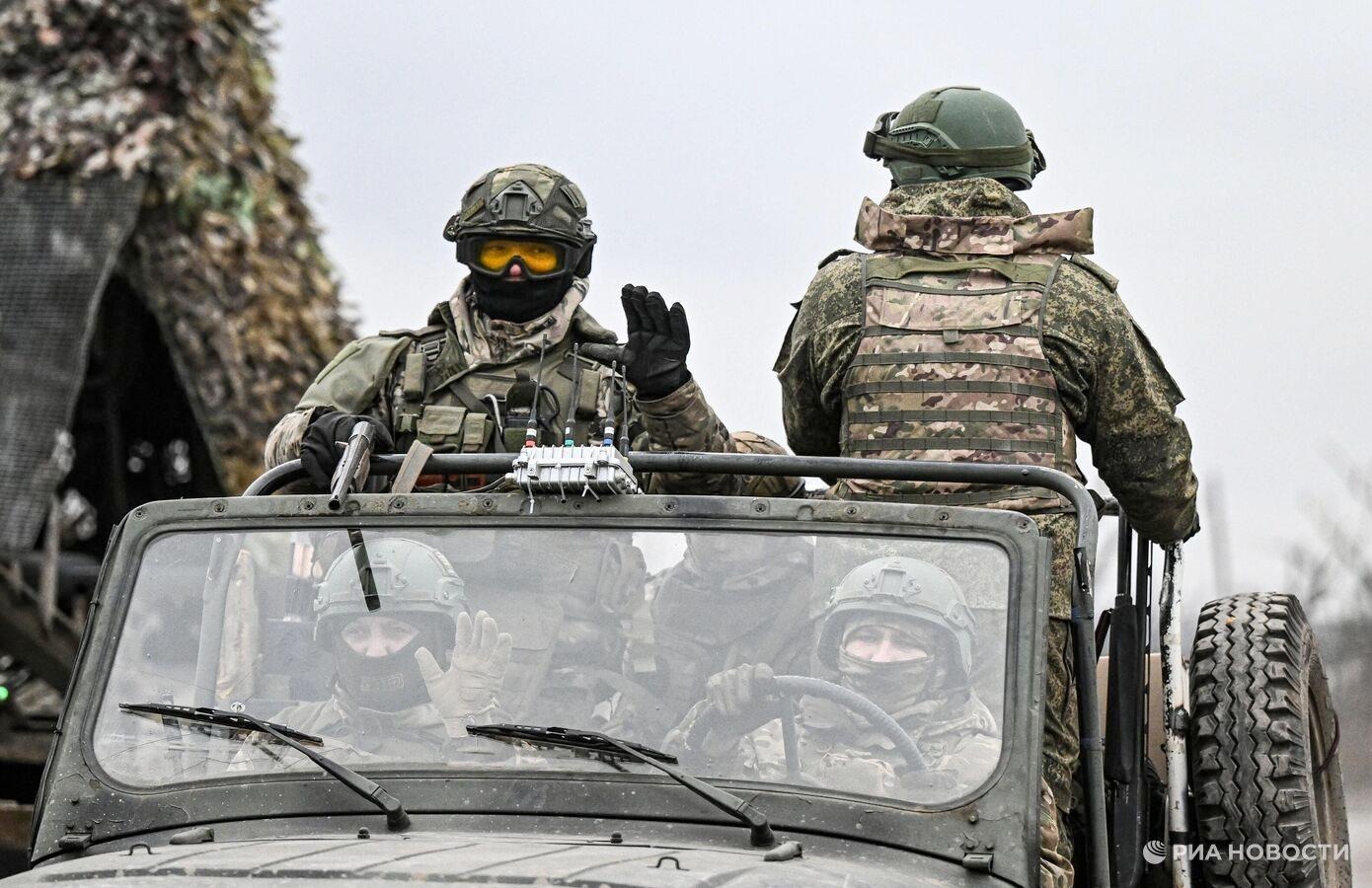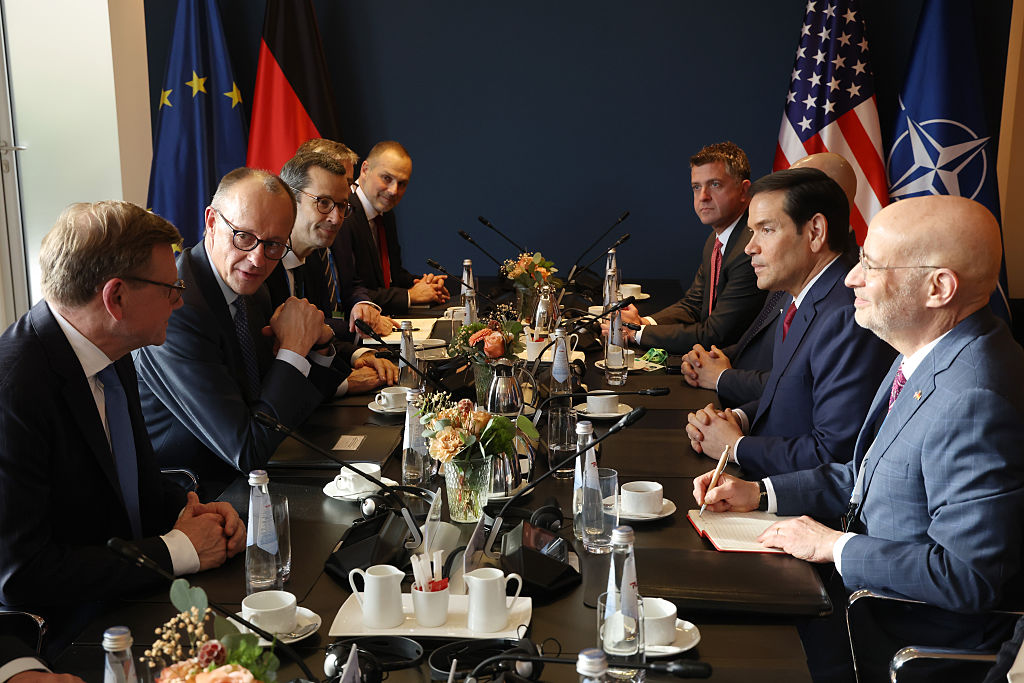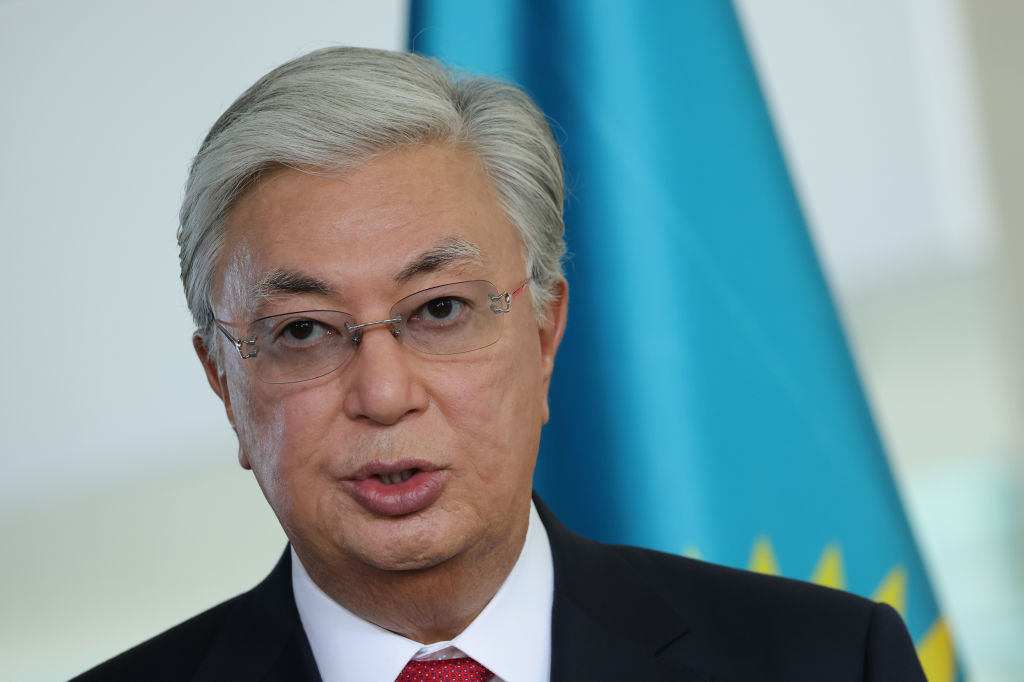
Majority of Russians Not Against War Now, but This Will Change
Majority of Russians Not Against War Now, but This Will Change
From the beginning of President Vladimir Putin’s full-scale invasion of Ukraine, anti-war actions have swept through all the major cities of Russia. Protests break out practically every day and, according to civil rights activists, from February 24 to 27, 5,935 people have been arrested in over 80 cities (OVDinfo, February 28). Nevertheless, even if the majority of Russians do not actively support the war, they at least recognize it as required and unavoidable. Over the past week, the author of this article spoke with several dozen Russian dissidents, both living in Russia and abroad. All of them note an aggressive belief in propaganda on the part of their friends and acquaintances and the impossibility of changing their minds.
Such an opinion is held by other experts. The head of the pollster Levada Center, Denis Volkov, pointed out that if before the Russian offensive began about two thirds of respondents were in favor of recognizing the so-called Donetsk and Luhansk “people’s republics” (DNR, LNR), then those who support a full-scale war should be somewhat less. However, the expert did not provide exact figures and only highlighted the crystallization of a “Putin majority,” which generally supported the invasion, and an anti-war minority. In his opinion, the pro-war majority might include more than half of the population (VoA—Russian service, February 27). According to sources in the United States, the use of military force is justified by at least half of all Russians (Sibir.Realii, February 26).
Such a high percentage of support is due to several factors. First, just before the start of the war, Russians were subjected to unprecedented military propaganda against a background of escalation along the frontlines on February 18–20. As a result of this mobilizing rhetoric and incessant calls for unity (characteristic of the outbreak of any war), the Kremlin’s pro-war message fell on fertile soil domestically. According to a survey conducted by Levada immediately after the sharp escalation, 60 percent of Russians believe that Russia’s military actions were provoked by the US and other members of the North Atlantic Treaty Organization (NATO), 14 percent blame Ukraine, and only 3 percent of respondents said that Russia is to blame for what is happening (Levada.ru, February 27).
Second, Russians have still not felt the full measure of the sanctions levied on themselves. Third, despite the “patriotic frenzy” and the pre-existing high levels of anti-Western and anti-Ukrainian sentiment (Ridl.io, January 12), support for the war at this initial stage paradoxically may actually reflects society’s desire for peace. As the sense of threat from the West has steadily increased in recent months under the influence of propaganda (see EDM, January 21), the moment the reinvasion began, Russians felt relieved, believing that now “the threat would be eliminated”: instead of “NATO’s anti-Russian foothold at the Russian borders,” they would again have a “peaceful and friendly Ukraine” (Author’s interviews, February 24–28). These conclusions are supported by the results of a focus group conducted by the Telegram-channel “Nezygar,” which show that an absolute majority thinks the military operation is right, fair and inescapable. However, all respondents, regardless of their attitude to the war, expressed hope for its speedy end (Tgstat.ru, February 27).
Regardless of the clearly pro-Kremlin nature of the “Nezygar” channel, the credibility of its evaluation is confirmed by independent experts. They all point out that as the Russians begin to feel the effect of the sanctions and the bloody war rages on, the attitude of society toward it will change. As Russian political scientist Ilya Grashchenkov observes, changes should be expected after “the death toll becomes known, and information begins to appear that the Russian military was not welcomed as liberators but encountered powerful resistance.” The threat of nuclear war could also boost anti-war sentiment at home (Tlgrm.ru, February 28).
At the same time, many economists are sure that the new sanctions will affect all Russians without exception, and their consequences will be extremely harsh. The well-known Russian economist Vladislav Inozemtsev contended that the Western sanctions adopted on February 25 and 26 will hit critical elements of the Russian economy. According to him, the main damage will be caused by the restriction of operations with the assets of the Bank of Russia, the disconnection of several banks from the SWIFT system, and the deprivation of the Russian aviation industry of its international network. In fact, the sanctions prevent the Central Bank from accessing its foreign exchange reserves, regardless of their currency. Another severe consequence of the sanctions will be the rapid disruption of supply chains of goods to Russia (Newizv, February 27).
In response to the sanctions, the Central Bank raised the key interest rate to 20 percent. According to experts, this puts an end to mortgage lending to citizens and greatly enhances the negative effect of sanctions, leading to a drop in economic activity (Business-vector.info, February 28). Pro-Kremlin channels try to reassure Russians that the country still has reserves and that Russia’s main sources of income—oil, natural gas and metals exports—are not under sanctions (Tlgrm.ru, February 28). Propagandists claim that the West is corrupt and puts material gain above all else, and, therefore, the sanctions will not last long (YouTube, February 27).
However, it is obvious that as the war is prolonged and the socio-economic situation in Russia worsens, these words will have diminishing impact. It is no coincidence that Russian authorities are already, on the one hand, trying to calculate which sections of society will be hit hardest by the sanctions (Komsomolskaya Pravda, February 27) and, on the other hand, are tightening repressive legislation. The government is threatening to initiate treason charges for any assistance to Ukraine (Sever.Realii, February 27) and introduce criminal liability of up to 15 years in prison “for disinformation about the actions of the Russian Armed Forces during the military special operation [sic] in Ukraine” (TASS, February 28).
Thus, a strong anti-war movement inside Russia is highly unlikely in the near future. Intimidated by repression and propaganda, the Russian majority is generally willing to endure hardship for a relatively short period of time. However, as the war drags on and its consequences are felt, the situation will begin to change significantly.


